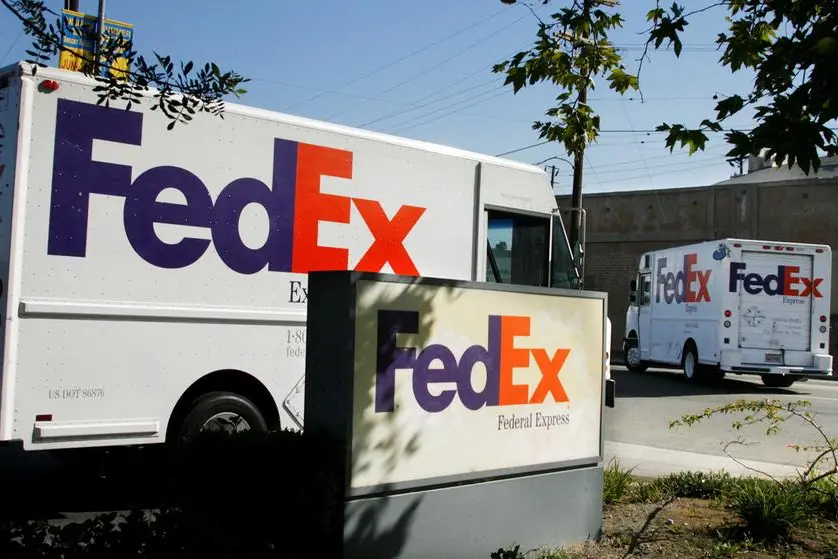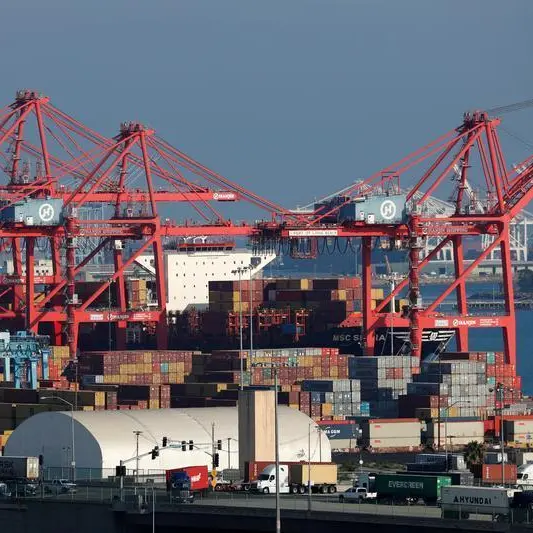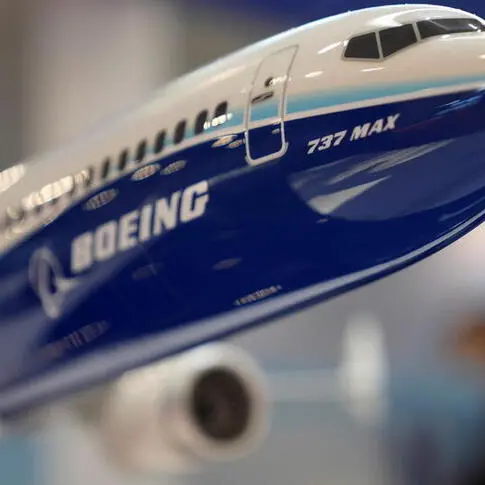PHOTO
LOS ANGELES - FedEx Corp is waging financial battles on two fronts.
The delivery giant wants a more profitable contract with the U.S. Postal Service and is seeking an elusive labor deal with its pilots. How both efforts shake out will be key to improving profit at its largest business, overnight-delivery provider FedEx Express.
If the domestic contract with USPS, Express' largest customer, lapses later this year, it would erase nearly $2 billion in annual business that funds hundreds of pilot jobs. A failure to reach an agreement with pilots could further delay retirements and buyouts that could reduce operating costs at Express. That lack of expense relief could increase the risk that FedEx will have to furlough pilots for the first time in its 52-year history.
The pilot talks have been ongoing since May 2021 and there is no set deadline. In the midst of softening global demand, dwindling USPS revenue and some pilots postponing their retirements in hopes of more lucrative contract terms, FedEx executives have said the company's 5,800 pilots are 700 too many. Margins in the company's Express business remain stubbornly low and investors want CEO Raj Subramaniam be bolder in slashing costs.
"FedEx has too many planes and too many pilots," said Trip Miller, founder of Memphis-based hedge fund Gullane Capital Partners, which has a small stake in the company. He wants FedEx to cut Express capacity by 15% to 20%.
FEDEX POSTAL REVENUE LOSES ALTITUDE
FedEx is the No. 1 USPS domestic air contractor, supplying the speed for the agency's Priority Mail and other quick services under a contract that will expire on Sept. 29.
USPS payments to FedEx reached $2.4 billion during the postal service's fiscal year ended September 2020. That shrank to $1.7 billion in fiscal 2023 after the postal service shifted letters and packages from planes to trucks. The switch appears to be starving the daytime air operation that FedEx created for USPS of the volume it needs to keep planes about 70% full and generating profit.
"It's a big contract and it was very profitable for a very long time. I'm not sure it is anymore," TD Cowen analyst Helane Becker said.
USPS now provides about 4% of Express' annual revenue, according to a Reuters calculation. FedEx has vowed to walk away from its 22-year relationship with the postal service if financial terms do not improve.
"We are focused on ensuring it continues to make good business sense for both parties," FedEx said in a statement this week.
USPS, meanwhile, is reorganizing its own operations to accommodate customers who are adopting Amazon.com's strategy of moving distribution centers closer to people who buy their products. That proximity means that fast deliveries have less need for air services.
"There is no reason for the USPS to pay more" for domestic air transport, said Satish Jindel, who helped found a company purchased by FedEx. Jindel analyzed for Reuters almost 1 billion packages shipped in the United States and found a significant increase since 2008 in parcels traveling less than 300 miles (483 km) - a distance easily handled by trucks.
USPS declined to comment. In its 10-year plan released in 2021, the agency said it sees opportunities in "diversifying the mix of air carriers and enhancing carrier contract management." Its other air service providers include FedEx rival United Parcel Service, which had $308 million in USPS business in fiscal 2023.
PILOT DEAL UP IN THE AIR
As many as 300 pilots at FedEx could be out of work if the company loses the USPS contract this year, news provider FreightWaves said earlier this month, citing a recording of a meeting between a FedEx executive and pilot evaluators. FedEx also hopes to convince 400 tenured pilots to take early retirement, the executive said.
That message landed as FedEx and the Air Line Pilots Association (ALPA) gathered for the first negotiations of 2024.
FedEx said the recorded comments represented that executive's "personal speculation" and that the company is committed to reaching a fair contract agreement.
Asked if pilots were willing to make concessions to avoid furloughs, Captain Billy Wilson, chair of the FedEx ALPA Master Executive Council, said its members "remain steadfast in their resolve."
A group dominated by newer pilots rejected a tentative deal last July, which some analysts saw as a risky move because it paused the departures of senior pilots who are last in line for cuts.
"The problem is that when you furlough, you furlough from the bottom. You can't furlough from the top," TD Cowen's Becker said, referring to pilot seniority. "If I was a younger pilot at FedEx, I'd be kicking myself that I rejected the contract."
(Reporting by Lisa Baertlein in Los Angeles Editing by Matthew Lewis)





















